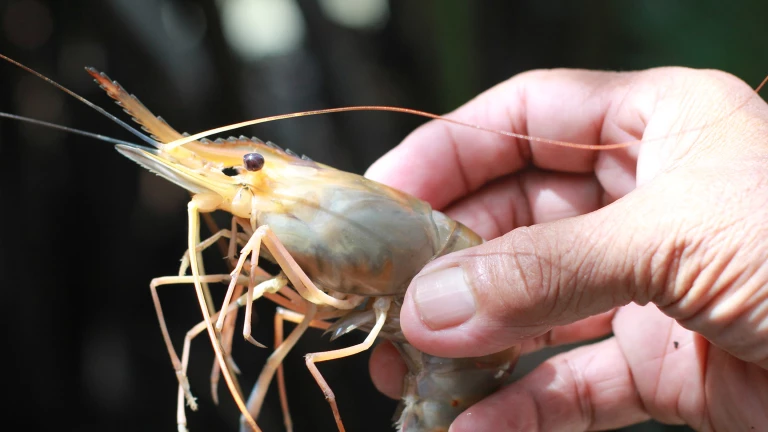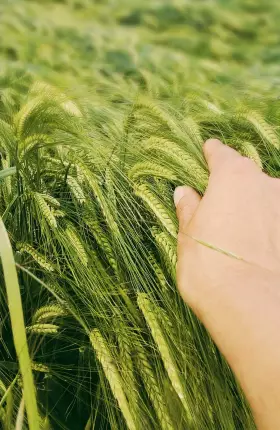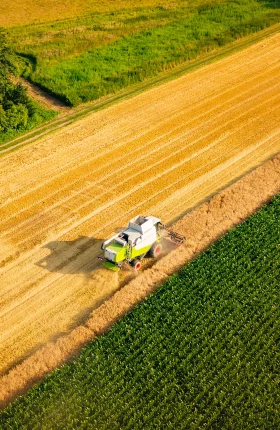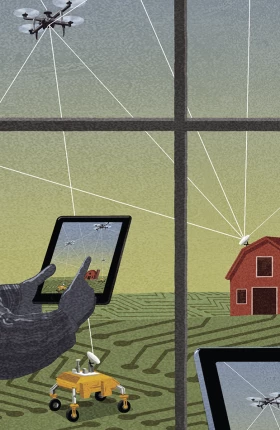Farmed shrimp is among the fastest-growing food products in the world. Global production, which has more than tripled since 2000, is poised to grow 6% annually.
But producers must respond appropriately to the strong market forces that are reshaping the shrimp industry:
- Low-price competitors are flooding the market with cheap shrimp.
- The rapid growth of shrimp farming is putting natural resources at risk, and global retailers, importers, and consumers are demanding more sustainable production methods and traceable seafood.
- New regulations, such as those of the Seafood Import Monitoring Program in the US, are requiring importers to track shrimp from the point of harvest to the point of entry.
- Digital technologies are disrupting the market and driving the shift toward traceability, closed-loop systems, and indoor farming.
To better understand how these forces are affecting shrimp producers, BCG has analyzed four major shrimp-producing countries: Thailand, Vietnam, Indonesia, and India.
To better understand how these forces are affecting shrimp producers, BCG has analyzed four major shrimp-producing countries: Thailand, Vietnam, Indonesia, and India. Our analysis identified the current and near-term challenges facing the farmed-shrimp industry, and our resulting reports offer recommendations that shrimp producers and traders can follow to succeed financially, boost productivity and efficiency, and become leaders in sustainability.
The results are clear. The farmed-shrimp market is changing rapidly, and countries that aren’t responding effectively are falling behind. Over the past decade, Thailand and Vietnam, in particular, have lost ground to fast-moving competitors.
Thailand, which was the second-largest shrimp producer in the world in 2012, lost more than half of its market share in the wake of disease outbreaks, export bans, and unfavorable trade policies. It is now only the sixth-largest shrimp producer.
In the early years of this decade, Vietnam was the third-largest shrimp producer in the world (behind China and Thailand), but disease outbreaks, low productivity, and import refusals allowed competitors such as India, Indonesia, and Ecuador to surpass Vietnam in productivity. Vietnam is now the fifth-largest producer.
As production in Thailand and Vietnam has slowed, India and Indonesia have profited significantly and strengthened their positions to become the world’s second- and third-largest shrimp producers, respectively. Still, stricter regulations and environmental risks threaten their strong positions as well.
Some shrimp producers have begun to take action at the local level, improving water systems, experimenting with renewable energy, or using health enhancement feed. These short-term measures represent important steps forward. For all participants in the farmed-shrimp value chain, our reports assess the business cases for achieving profitability and sustainability.
For all participants in the farmed-shrimp value chain, our reports assess the business cases for achieving profitability and sustainability.
To ensure success, however, shrimp producers must undertake disruptive action. True change can be achieved only when industry players work together on a large scale. What’s needed is an innovative and collaborative approach focused on achieving long-term, inclusive sustainability.
To secure the industry’s future, producers must establish traceability. Traceability offers multiple economic benefits for all players across the value chain: more efficient farms, sustainable production, improved logistics, full market access, brand enhancement, and opportunities for premium pricing.
Blockchain-based product tracking is revolutionizing seafood traceability. Several large supermarkets, including Walmart in the US and Carrefour in the EU, have already deployed blockchain to track the provenance of products in their food supply chains.
The shrimp supply chain is, however, highly complex, and a large number of transactions occur through middlemen. As a result, it’s extremely difficult to track shrimp from pond to plate. To provide full product traceability, countries will need to overhaul shrimp production at its very core.
Certain pioneering shrimp producers have already begun to make the shift to high-intensity, high-volume, closed-system shrimp farming in indoor facilities. This approach offers several clear advantages:
- Traceability is possible as long as the entire production is integrated and middlemen are not involved in selling the shrimp to processors.
- Costs are lower and logistics are less complex since production can be located close to processing.
- Production is conducted year-round, providing a secure supply of consistently high-quality commodity shrimp.
- Negative impacts on the environment are significantly reduced.
- The use of antibiotics is eliminated.
BCG’s reports on shrimp farming present the current and near-term challenges facing the industry in Thailand , Vietnam , Indonesia , and India . The reports describe multiple ways that shrimp producers and traders in these countries can build a future-proof strategy, drive continuous growth, and become leaders in sustainability.
BCG worked with the Gordon and Betty Moore Foundation to produce the four reports as part of the foundation’s effort to make shrimp farming more sustainable.














